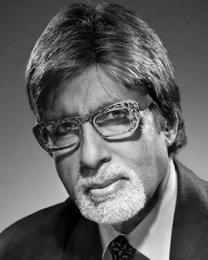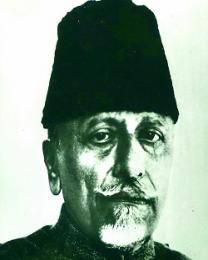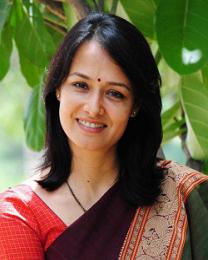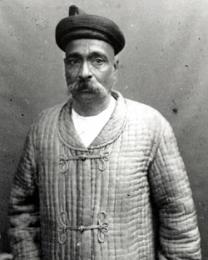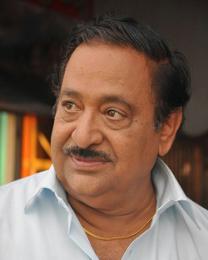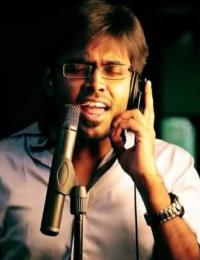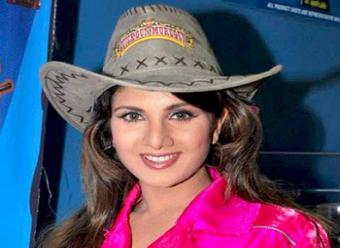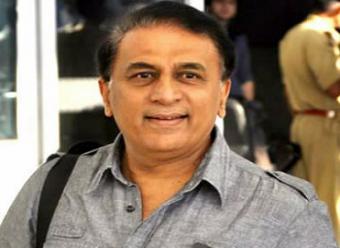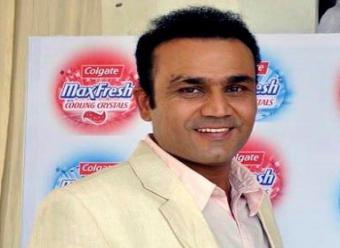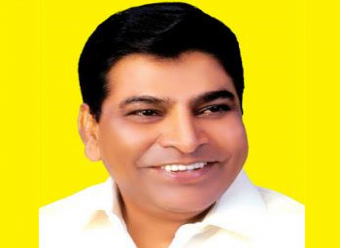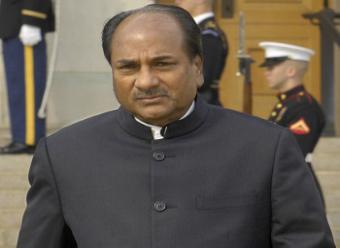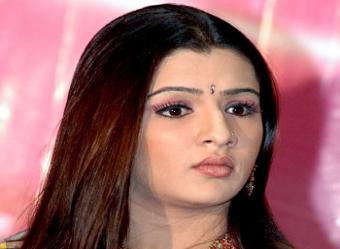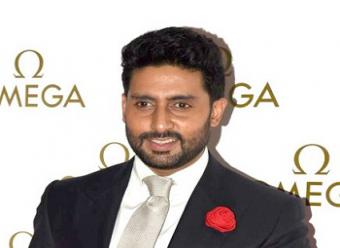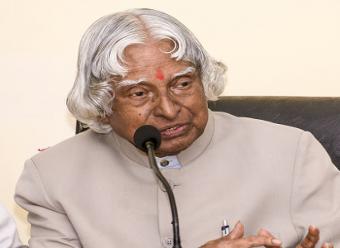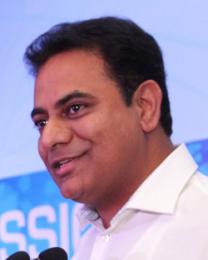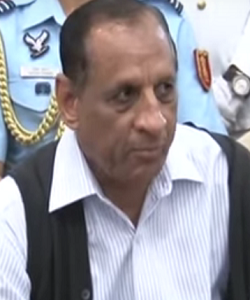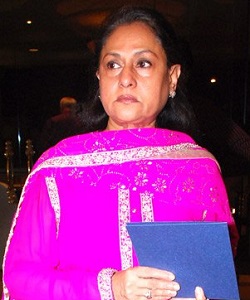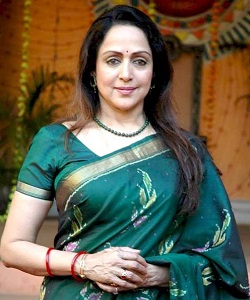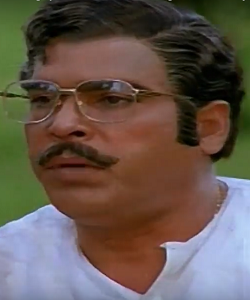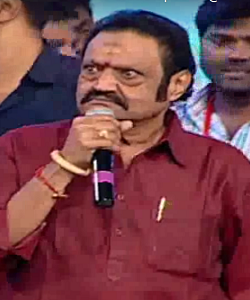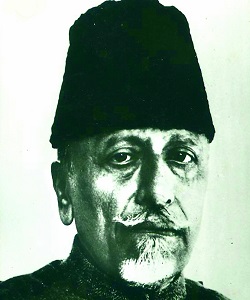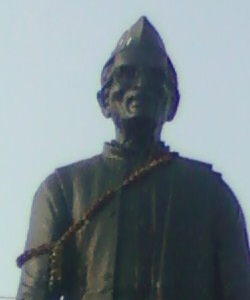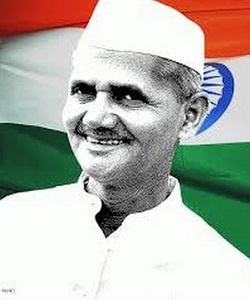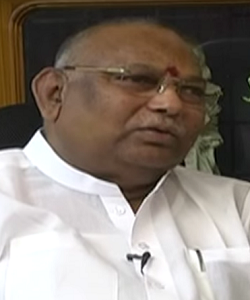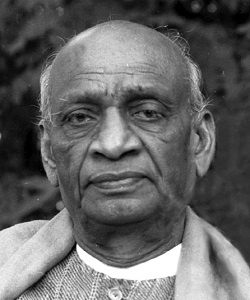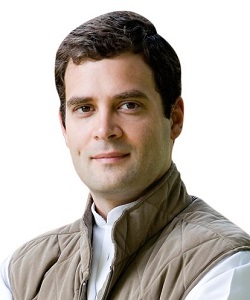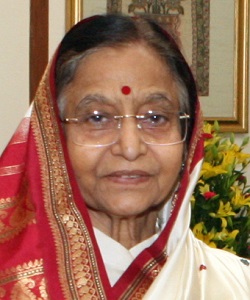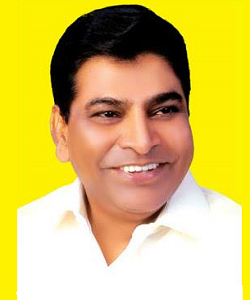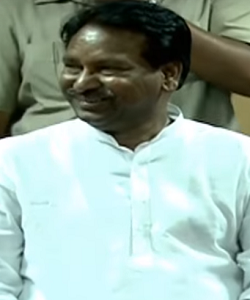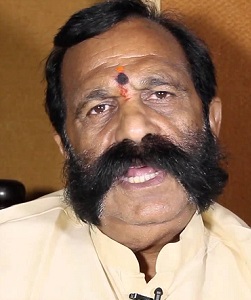Birth Name : Atal Bihari Vajpayee
Date of birth : 25/12/1924
Place of birth : Gwalior, United Provinces, British India
Category : Politicians
Awards
Padma Vibhushan in 1992
D. Lit. from Kanpur University in 1993
Lokmanya Tilak Award in 1994
Best Parliamentarian Award in 1994
Bharat Ratna Pandit Govind Vallabh Pant Award in 1994
Position Held
1942: He took part in Quit India Movement
1957: Vajpayee was elected to Lok Sabha for the first time
1980: He founded the BJP, along with his colleagues from the BJS and RSS
1992: Conferred with the Padma Vibhushan for his contributions to the country
1993: He received the Honorary Doctorate of Philosophy from the Kanpur University
1996: Vajpayee was elected as the Prime Minister of India for the first time
1998: He took the oath for the position of the Prime Minister of India for the second time
1999: Atal Bihari Vajpayee became the Indian Prime Minister for third time and he created history by inaugurating a bus service from Delhi to Lahore in Pakistan
2005: Retired from politics in December
Early Life
Vajpayee did his schooling from the 'Saraswati Shishu Mandir' Gorkhi, Bara, Gwalior. Vajpayee attended Gwalior's Victoria College (now Laxmi Bai College) and graduated with distinction in Hindi, English and Sanskrit. He completed his post-graduation with an M.A. in Political Science from DAV College, Kanpur, in first-class. He became a full-time worker of the Hindu nationalist organisation Rashtriya Swayamsevak Sangh (RSS). Vajpayee's first tryst with politics was seen in August 1942, when he and his elder brother 'Prem' were arrested for 23 days during the Quit India movement.
In between 1975 to 1977 Vajpayee was arrested along with several other opposition leaders during the Internal Emergency imposed by Prime Minister 'Indira Gandhi' of the Indian National Congress party. In 1977, heeding the call of social reformer 'Jayaprakash Narayan' for all the opposition parties to unite against the Congress, Vajpayee merged the Jana Sangh into the newly formed grand-alliance the 'Janata Party'.
Vajpayee joined many of his 'Bharatiya Jana Sangh' and 'Rashtriya Swayamsewak Sangh' colleagues, particularly his long-time friends 'Lal Krishna Advani' and 'Bhairon Singh Shekhawat', to form the Bharatiya Janata Party (BJP) in 1980. He became the BJP's first President. He emerged as a strong critic of the Congress government that followed the Janata government.
As prime minister
Vajpayee served as the Prime Minister of India from 1996 to 2004 in three non-consecutive terms. The BJP grew in strength in the early 1995s riding on pro nationalistic sentiments. In the 1996 general elections, the BJP emerged as the single largest party in the Lok Sabha. The then president 'Shankar Dayal Sharma' invited Vajpayee to form the government in accordance with the Westminster custom. Vajpayee was sworn in as the 11th Prime Minister of India, but the BJP failed to muster enough support from other parties to obtain a majority. He resigned after 13 days, when it became clear that he could not garner a majority. Between 1996 and 1998, Lok Sabha, the lower house of India's Parliament was dissolved and fresh elections were held. The 1998 general elections again put the BJP ahead of others. This time, a cohesive bloc of political parties joined the BJP to form the National Democratic Alliance (NDA), and A.B. Vajpayee was sworn in as the Prime Minister.
Later Life
In December 2005, Vajpayee announced his retirement from active politics, declaring that he would not contest in the next general election. In a famous statement at the BJP's silver Jubilee rally at Mumbai's historic Shivaji Park, Vajpayee announced that "Henceforth, Lal Krishna Advani and Pramod Mahajan will be the Ram-Laxman of the BJP. The tall apolitical image of Vajpayee was said to be the main reason behind Lalji's success in Lucknow even though BJP's performance was poor elsewhere in Uttar Pradesh. Vajpayee has expressed very clear thoughts about his poetry: 'My poetry is a declaration of war, not an exordium to defeat. It is not the defeated soldier's drumbeat of despair, but the fighting warrior's will to win. It is not the despirited voice of dejection but the stirring shout of victory.



